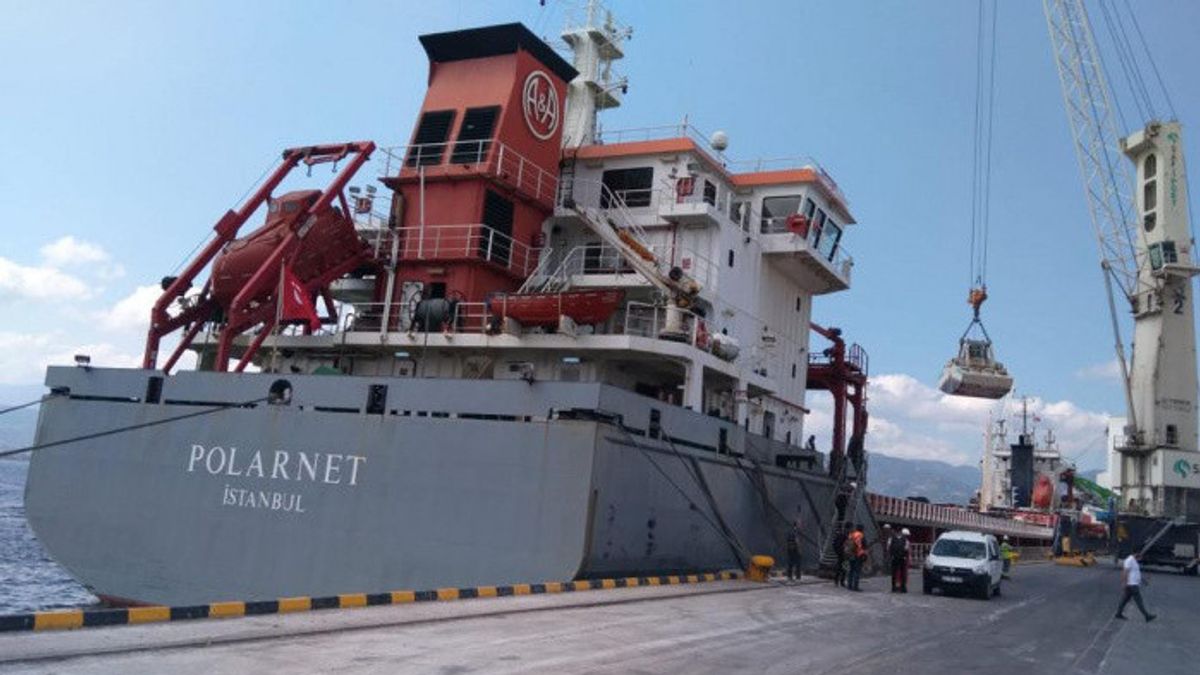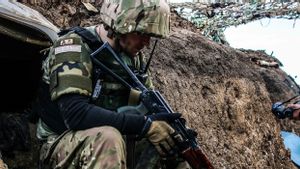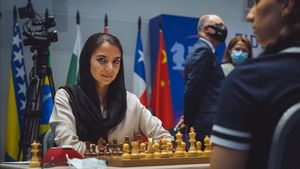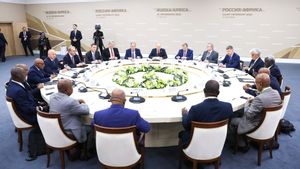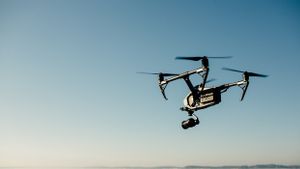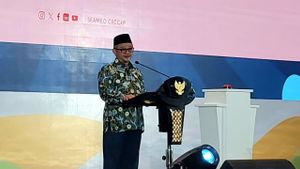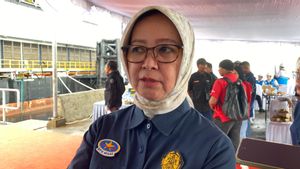JAKARTA - United Nations Secretary-General Antonio Guterres warned Thursday that "a handful of donations" will not offset the dramatic impact of ending a deal that allowed Ukraine's grain exports to the Black Sea safely over the past year.
Global wheat prices have jumped about 10 percent in the last 10 days, after Russia withdrew from a pact brokered by the United Nations and Turkey in July 2022 and began targeting Ukrainian ports and grain infrastructure on the Black Sea and Danube Rivers.
"It's clear that when it takes millions and millions of tonnes of grain off the market, it's clear that ... it's going to lead to higher prices," Guterres told reporters, cited from Reuters, July 28.
"So instead of a few donations to a few countries we fix a dramatic impact that affects everyone, everywhere," he said.
As previously reported, Russian President Vladimir Putin on Thursday told African leaders he would provide them with tens of thousands of tonnes of grain within months despite Western sanctions, which he said made it difficult for Moscow to export its grain and fertilizer.
Russia's exports of grain and fertilizer are not subject to Western sanctions, but Moscow says restrictions on payments, logistics, and insurance have hindered shipments. Moscow has a list of requests it wants to fulfill in order to increase its own exports.
SEE ALSO:
Under the Black Sea grain deal, which aims to combat a global food crisis exacerbated by Russia's invasion of Ukraine in February 2022, nearly 33 million tons of Ukrainian grain were exported. It is known, Ukraine and Russia are both leading grain exporters.
Even though global wheat prices are about half of the record highs reached in early March 2022 after the Russian invasion, Guterres said any increase today would be "borne by everyone, everywhere - especially by developing countries and by the most vulnerable." in middle-income countries and even developed countries."
The English, Chinese, Japanese, Arabic, and French versions are automatically generated by the AI. So there may still be inaccuracies in translating, please always see Indonesian as our main language. (system supported by DigitalSiber.id)
